
Fairphone
// Description of the Good Practice
Fairphone is a Dutch social enterprise founded in 2013 with the mission to develop smartphones that are designed and produced with minimal environmental impact.
The company focuses on fair labor conditions, ethical material sourcing, and modular design to enhance device longevity.
Fairphone operates within the consumer electronics industry, promoting sustainability through transparency and advocacy for fairer supply chains.
//Innovation
Fairphone introduced a modular smartphone design, allowing users to easily repair or upgrade individual components, thereby extending the device’s lifespan and reducing electronic waste.
This approach challenges the traditional consumer electronics model by prioritizing durability and repairability.
// Environmental Impact
By sourcing conflict-free minerals and incorporating recycled materials, Fairphone reduces the environmental footprint associated with mining and production.
The modular design decreases electronic waste by enabling repairs instead of replacements.
// Social Impact
Fairphone ensures fair labor practices throughout its supply chain, investing in worker welfare and advocating for improved working conditions in the electronics industry.
The company also educates consumers on ethical consumption, fostering a more informed and responsible customer base.
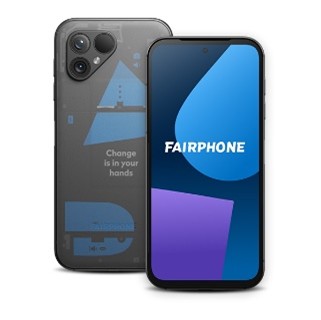
:: Scope of intervention
International
:: Model
Eco-entrepreneurship & Social entrepreneurship
:: What
Creates sustainable, ethical smartphones
:: Criteria
Circular Economy
Innovation in Sustainable Solutions
Environmental Sustainability
Social Responsibility
Promoting Responsible Consumption
:: Link
www.fairphone.com
Sea Ranger Service
// Description of the Good Practice
Established in 2016, the Sea Ranger Service is a social enterprise based in the Netherlands that trains young people as Sea Rangers to manage ocean areas.
Utilizing specially designed sailing work ships, they conduct marine management tasks, research, and ecosystem regeneration in the North Sea.
// Innovation
The organization combines youth employment with marine conservation by training unemployed youth, with the assistance of veterans, to become Sea Rangers.
This model addresses both social and environmental challenges through a unique maritime stewardship program.
// Environmental Impact
Sea Rangers engage in activities such as maritime surveillance, wildlife monitoring, seawater sampling, and restoration of underwater ecosystems, contributing to the preservation and health of marine environments.
// Social Impact
The program provides valuable maritime training and employment opportunities for young people, particularly those who are long-term unemployed, enhancing their skills and future job prospects.
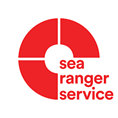
:: Scope of intervention
National/ European
:: Model
Eco-entrepreneurship & Social entrepreneurship
:: What:
Trains youth for ocean conservation
:: Criteria:
Environmental Sustainability
Social Innovation
Efficient Use of Resources
Social Inclusion
Business Models with Positive Impact
:: Link
https://searangers.org
MUD Jeans
// Description of the Good Practice
Founded in 2012, MUD Jeans is a Dutch denim company that operates on circular economy principles.
They offer a “Lease A Jeans” program, allowing customers to lease jeans and return them for recycling after use.
The company focuses on sustainable production, using organic cotton and recycled denim fibers.
// Innovation
MUD Jeans pioneered the leasing model in the fashion industry, promoting product-as-a-service and encouraging consumers to participate in a circular system.
This approach reduces waste and promotes resource efficiency.
// Environmental Impact
By recycling returned jeans into new products, MUD Jeans minimizes textile waste and reduces the need for virgin materials.
Their sustainable production methods also lower water usage and carbon emissions associated with denim manufacturing.
// Social Impact
The company ensures fair labor practices in its supply chain and raises awareness about sustainable fashion, influencing consumer behavior towards more responsible consumption.
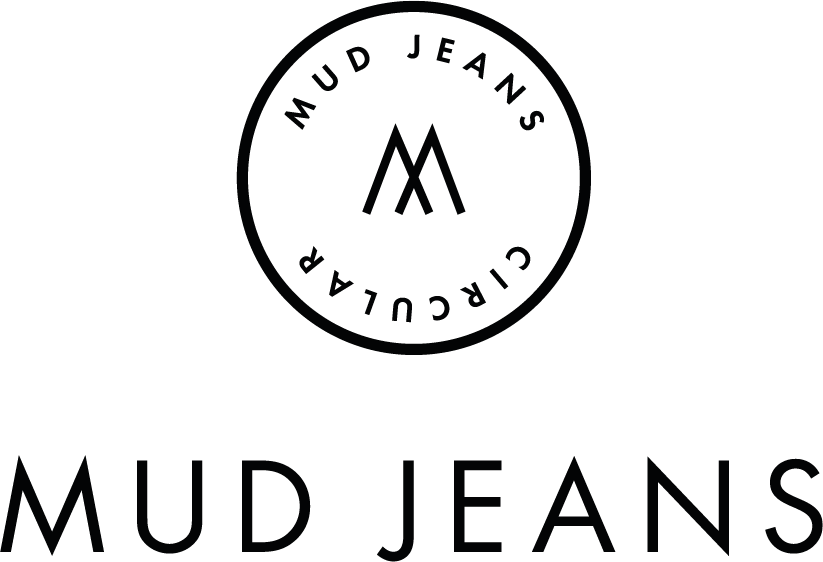
Scope of intervention:
International
Model:
Eco-entrepreneurship
What:
Leases and recycles sustainable jeans
Criteria:
✅ Circular Economy
✅ Innovation in Sustainable Solutions
✅ Environmental Sustainability
✅ Efficient Use of Resources.
✅ Promoting Responsible Consumption
Link:
Chocolonely
// Description of the Good Practice
Tony’s Chocolonely is a Dutch chocolate company founded in 2005 with the mission to produce 100% slave-free chocolate.
The company sources cocoa beans directly from cooperatives in West Africa, ensuring fair trade practices and traceability.
// Innovation
Tony’s Chocolonely implements a transparent supply chain model, paying higher prices to farmers and providing support to improve agricultural practices.
Their distinctive chocolate bar design, with uneven pieces, symbolizes the unequal distribution of profits in the chocolate industry.
// Environmental Impact
The company promotes sustainable farming practices among its partner cooperatives, contributing to environmental conservation and biodiversity.
// Social Impact
By addressing issues of child labor and exploitation in the cocoa industry, Tony’s Chocolonely improves the livelihoods of farmers and sets a precedent for ethical practices in chocolate production.

:: Scope of intervention
International
:: Model
Social entrepreneurship
;; What
Produces fair-trade ethical chocolate
:: Criteria
Social Responsibility
Social Innovation
Environmental Sustainability
Engagement with Stakeholders
Business Models with Positive Impact
TexelEnergie
// Description of the Good Practice
Founded in 2007, TexelEnergie is a cooperative energy company based on the Dutch island of Texel.
The cooperative focuses on providing sustainable energy solutions to its members, including the generation and supply of renewable energy sourced from local wind, solar, and biomass projects.
// Innovation
TexelEnergie operates a community-based energy model, empowering local residents to participate in and benefit from renewable energy production.
This decentralized approach fosters local engagement and investment in sustainable infrastructure.
// Environmental Impact
By generating and supplying renewable energy, TexelEnergie reduces reliance on fossil fuels, thereby decreasing greenhouse gas emissions and promoting environmental sustainability.
// Social Impact
The cooperative structure allows members to have a say in energy decisions, promoting social cohesion and shared responsibility. Profits are reinvested into the community, supporting local projects and economic development.
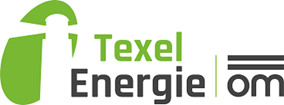
:: Scope of intervention
Local/ National
:: Model
Eco-entrepreneurship
:: What
Produces community-owned renewable energy
:: Criteria
Use of Renewable Energy Sources
Environmental Sustainability
Social Innovation
Business Models with Positive Impact
Promoting Responsible Consumption
:: Link
www.texelenergie.nl

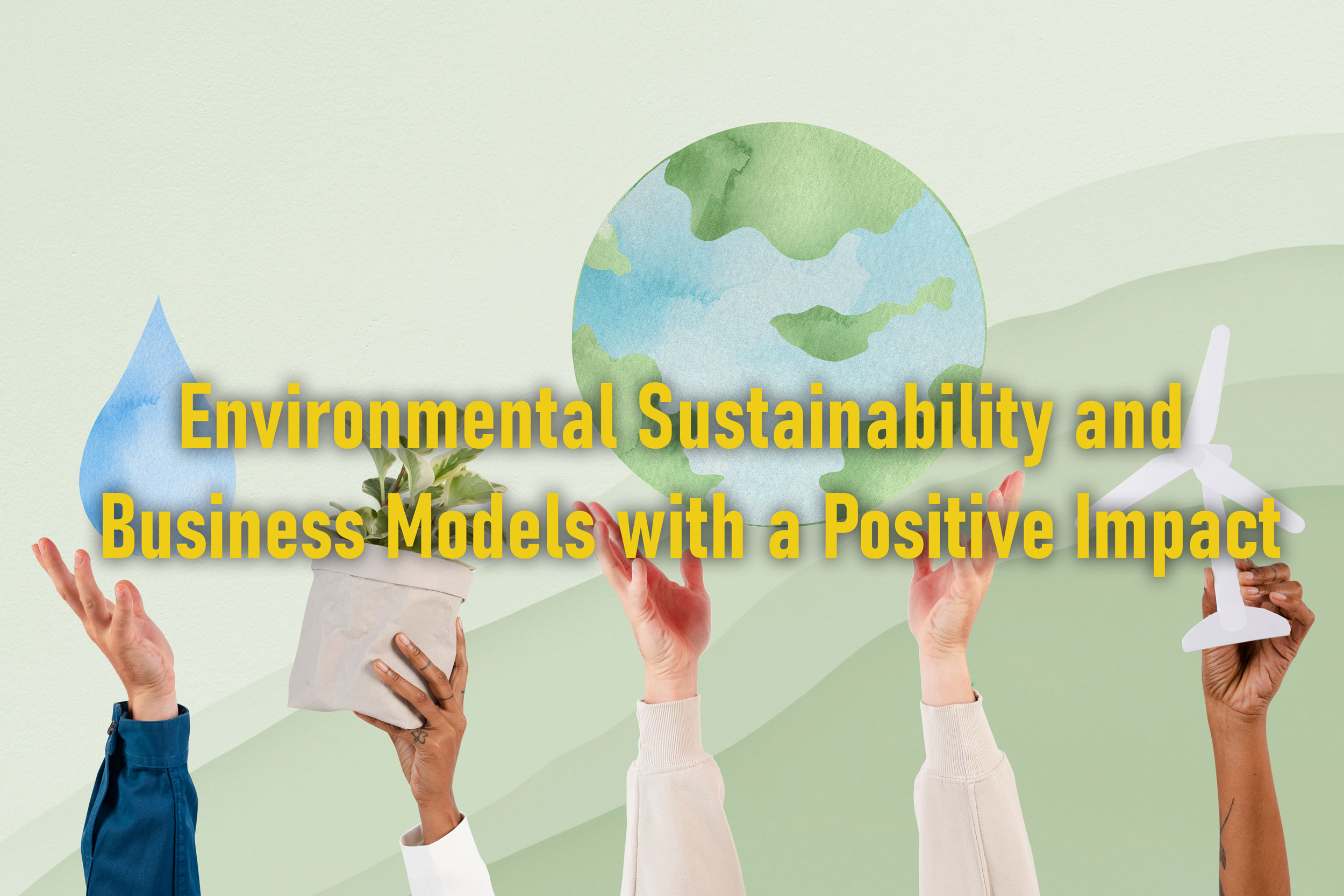
Comments are closed